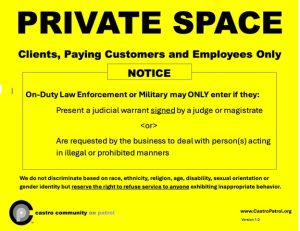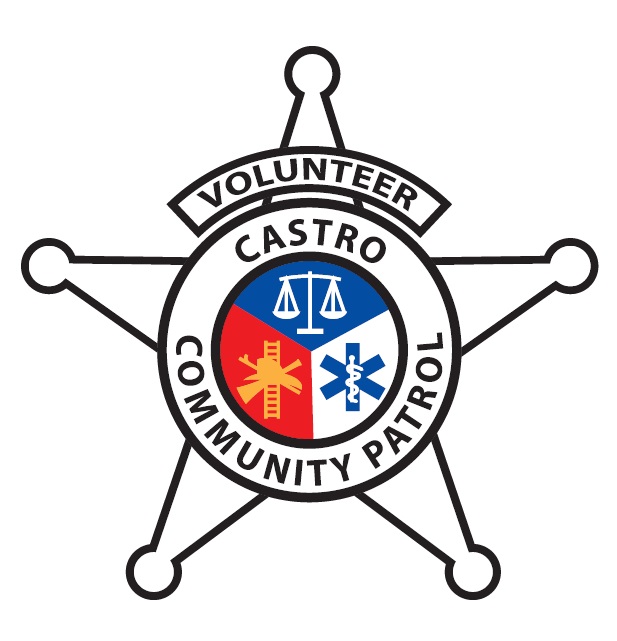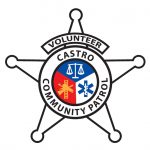In California, a private business can refuse service for valid, non-discriminatory reasons, such as disruptive behavior, intoxication, or violating a clear, lawful dress code. However, businesses cannot refuse service based on a customer’s protected characteristics, including race, color, religion, sex, sexual orientation, disability, or national origin, due to federal and state anti-discrimination laws like the Unruh Civil Rights Act.
A business can legally refuse service if the refusal is based on non-discriminatory factors, such as:
- Customers who are causing a scene, being loud, or making threats toward staff or other patrons.
- Refusing service to someone who isn’t wearing the required attire (e.g., no shirt, no shoes) or other clearly posted and non-discriminatory rules.
- If a customer’s actions pose a genuine threat to the safety or hygiene of others.
- A business can refuse service to someone who appears to be under the influence of alcohol or drugs.
- A business is not required to serve someone who cannot, or will not, pay for their services.
- Race, color, or ancestry
- Religion or creed
- Sex or gender, including pregnancy
- Sexual orientation
- Disability, mental or physical
- National origin
- Medical condition
In California, a private business can generally refuse entry or service to law enforcement officers who are acting as customers, but cannot prevent officers from entering if they are there to conduct official and valid police business. A business’s right to refuse service is limited by both state and federal anti-discrimination laws.
If law enforcement comes to your business in an official capacity
The right to refuse entry does not apply when law enforcement is on the property for official and valid police duties.
- Public vs. private areas: Law enforcement officers can enter and question individuals in public areas of a business, such as a dining room, retail space, or parking lot, without permission. They cannot, however, enter non-public or “employee-only” areas without a valid Judicial Search and Seizure Warrant or a valid Judicial Arrest Warrant or the owner’s consent.
- Response to a call: If a business owner requests police assistance, officers will enter to address the issue.
- Judicial warrants: Police can override a business owner’s refusal if they present a valid Judicial Search and Seizure Warrant or a valid Judicial Arrest Warrant to search or access private areas.
- Exigent circumstances: Officers can also enter private property without a warrant in emergency or “exigent” situations, such as a pursuit or when they have articulable reasons for a search.
NOTE that a DHS administrative warrant of removal-deportation does not meet the valid judicial warrant standard and therefore access can be denied and refused.
- Legal obstruction: If officers are there on official business and a business obstructs their entry, the owner or staff could face legal consequences for obstruction.
California National Guard and Federal Agents or Federal Troops
The Fourth Amendment to the United States Constitution states, “The right of the people to be secure in their persons, houses, papers, and effects, against unreasonable searches and seizures, shall not be violated, and no warrants shall issue, but upon probable cause, supported by Oath or affirmation, and particularly describing the place to be searched, and the persons or things to be seized.”
The Posse Comitatus Act typically prohibits federal military personnel from acting in a domestic law enforcement capacity. Contrary to most past U.S. practice, The current Trump administration has had National Guard and military forces act as law enforcement, both in the District of Columbia and Los Angeles. He has also floated sending federal troops to San Francisco, Oakland, Chicago, Baltimore, and New Orleans, saying he wants to bring down crime rates.
Jobs for Justice
Jobs for Justice has a workplace protection checklist for employers worried about ICE activity. Jobs for Justice also provides free trainings every third Monday at 6 p.m., every second Tuesday at 8 p.m., and every third Wednesday at 8:30 a.m. People who want to schedule a training should contact solidarity@jwjsf.org . For additional information, visit the organization’s website.



